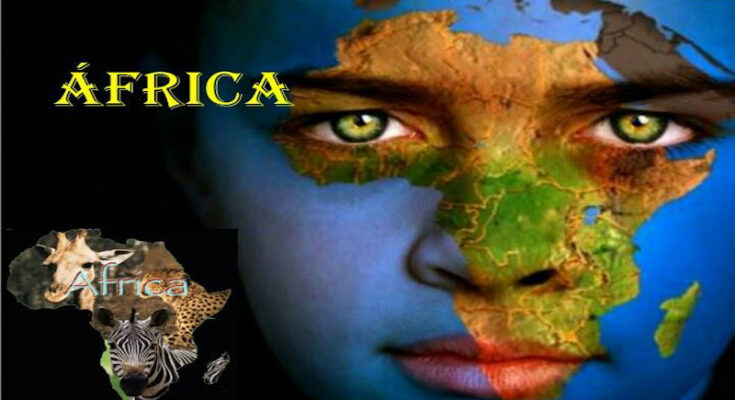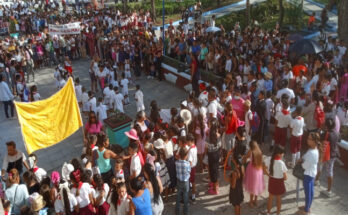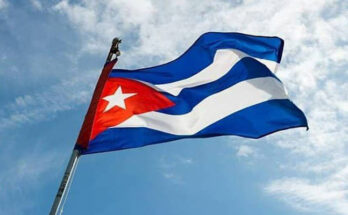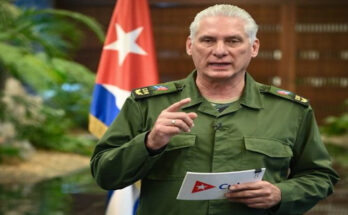Torn away from their lands, far from their families, their traditions, the sons of Africa arrived in Cuba shackled and chained.
The Island assimilated the cultural heritage in fields and cities, so that Nicolás Guillén wrote in one of his poems “El son entero”: here everything mixed.
Mestizaje, culinary, cultural, religious traditions, is the essence of the rich ajiaco, a legacy to this day. Yoruba and abakua, are beliefs manifested in the people, as well as the taste for yams, cassava, sweet potatoes, black beans and okra.
Wind instruments such as the lute, percussion, are part of the exquisite inherited sonority, as well as the vitality of their colorful costumes.
Africa is all Cuba
Without Africa, without its sons and daughters, without its culture and customs, without its languages and deities, Cuba would not be what it is today.
We have strong ties of brotherhood with that continent. Hundreds of thousands of Cuban personnel have rendered their services in African nations in the fields of health, education, construction, sports and agriculture.
We have gone to Africa to face the aftermath of natural disasters and epidemics; we have gone with knowledge to contribute to human development.
With Africa there is much more that unites us than what separates us, hence their children are grateful to Cuba for the technical-professional training to advance those countries.
Cuba and Africa have chosen the path of continuity, solidarity, cooperation, brotherhood and commitment to history.




